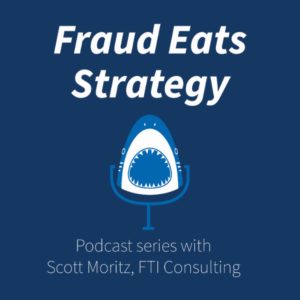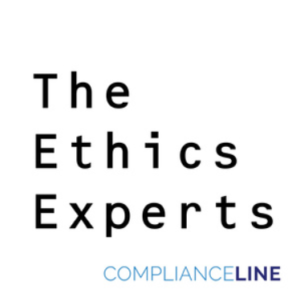Welcome to the Great Women in Compliance Podcast, co-hosted by Lisa Fine and Mary Shirley.
Colleen Dorsey, our Great Woman in Compliance of the week, is well known for influencing Compliance careers early – she leads the University of St Thomas Compliance programming, preparing our Compliance Officers of tomorrow. Get a behind the scenes look into the evolution of Compliance education at the tertiary level.
Also in this episode Colleen gives the GWIC listenership a run down on using Artificial Intelligence and Machine Learning in Compliance programs. In Compliance, as with everything else, it’s important to keep up with new developments and tools that can help us achieve our goals more accurately and more efficiently. Those who don’t keep up will most certainly get left behind. Fortunately Great Women in Compliance listeners are invested in their own professional development and keep up with the wealth of information provided by GWIC guests. Colleen gives basic understanding to lay the foundation of what AI and Machine Learning are and explains how these tools can be used to benefit Compliance programs, using a real life example and what the future might hold for these areas.
Finally Colleen shares some of her wisdom surrounding self-awareness – you cannot improve yourself unless you know what you’re working with and where your gaps are so it’s important to be honest with yourself and be able to self-reflect objectively – with the help of others where necessary. Mary weighs in with some sound practical advice from Organizational Psychologist Adam Grant with a tip to make soliciting feedback easier for yourself and those around you.
Corporate Compliance Insights is a much appreciated sponsor and supporter of GWIC, including affiliate organization CCI Press publishing the related book; “Sending the Elevator Back Down, What We’ve Learned from Great Women in Compliance” (CCI Press, 2020). Thank you to all those who have taken the time to rate the GWIC podcast and book, it’s much appreciated.
If you’ve already read the booked and liked it, will you help out other women to make the decision to leverage off the tips and advice given by rating the book and giving it a glowing review on Amazon?
As always, we are so grateful for all of your support and if you have any feedback or suggestions for our 2021 line up or would just like to reach out and say hello, we always welcome hearing from our listeners.
You can subscribe to the Great Women in Compliance podcast on any podcast player by searching for it and we welcome new subscribers to our podcast.
Join the Great Women in Compliance community on LinkedIn here.






